How Australia’s lawless bikie gangs must live by strict rules
It seems no one loves imposing laws quite as much as the lawless — and when it comes to bikie gangs, these rules are enforced with an iron fist.
News
Don't miss out on the headlines from News. Followed categories will be added to My News.
It was the Black Uhlans barbeque by the Barwon River, for members of the outlaw motorcycle gang once heavily represented in the Geelong area.
These self-styled rebels and lawless “one percenters” pitched a marquee in a prime spot of peaceful parkland.
They unloaded barbecue plates, picnic tables, gas bottles and “eskies” of ice to chill bulk beer, and “bubbles” for their “old ladies,” ready for a big day out.
But then the club president, the boss Black Uhlan himself, rumbled up on his Harley and started ripping into his bikers — many of whom had done jail for crimes of violence — as if they were stupid children.
“You’ve set up next to the playground,” he growled, jabbing his thumb at the nearby slide and swings. “Kids don’t want to be playing next to mongrels like youse.”
Then the big boss ordered his crestfallen followers to dismantle the picnic and move to a spot away from other park users and children.
That story is from one who was there. He never forgot it because it reinforced something he’d noticed about the outlaw bikies he hung with: they had heaps of rules.
It seems no one loves imposing laws quite as much as the lawless.
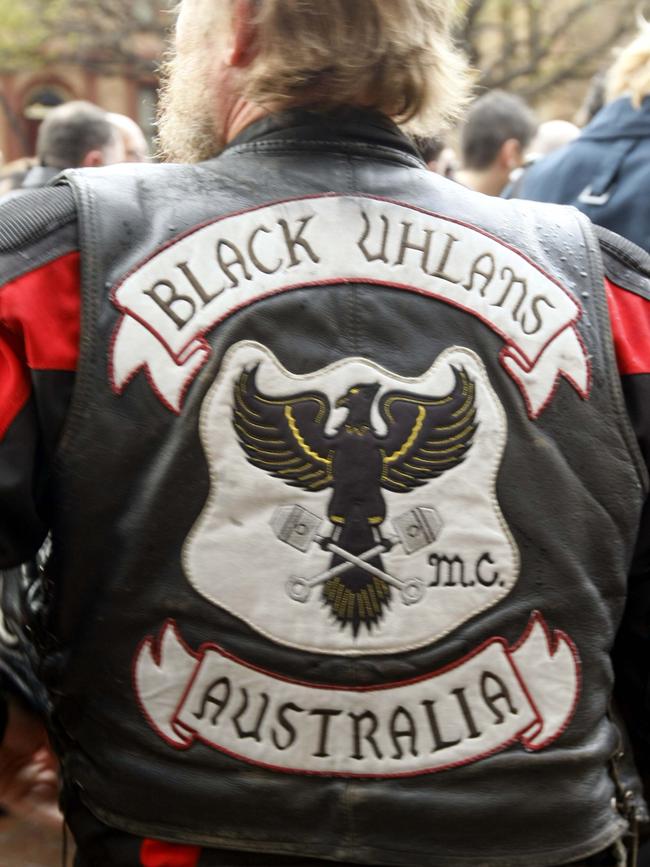
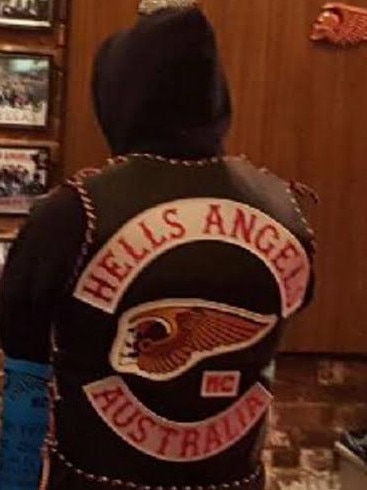
The latest in a long line of examples of this contradictory trait appeared recently when new chapter members in another outlaw motorcycle gang were ordered to pay $1000 every time they failed to answer a phone call from their gang overlords.
The savage “fine” system was allegedly on top of an already extortionate rate of “dues” demanded from newbies by leaders of the gang whose cartoonish colours they had been so keen to wear. In the end, say certain sources, these chumps appeared to have got nothing from the one-sided arrangement but a heap of unwanted police attention.
The $1000 “missed call” fine is not universal in the outlaw world — yet, anyway. But it smells like another rort imposed by powerful leaders over recruits, another example of the strange fact that people busting to join gangs are quitting one brand of control for another.
The underworld has rules. Compared with the law of the land, the law of the jungle is enforced with an iron fist because no crime organisation wants to be seen as weak.
A good definition of “organised crime”, perhaps, is crime committed by crooks playing by their own strict rules.
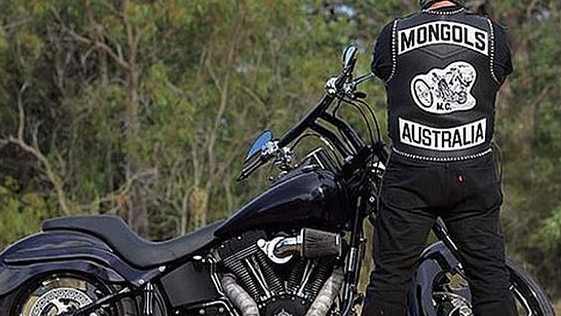
Take the story of a raw bikie “prospect” who foolishly imagined he could behave like an outlaw. After making the mistake of stealing some power tools while on a club run in country Victoria, he copped immediate punishment.
He was ordered to return the goods to their rightful owner, then to ride his bike to the gang’s Darwin chapter, say “hello”, then return directly to Victoria, a round trip of about 7500km.
Why are outlaws so keen on making and enforcing their own laws? The answer: so that dominant figures on top of the pile can extend their own prestige, wealth and power.
It’s a pyramid system nearly as old as crime itself, pre-dating outlaw bikie gangs by many centuries. Most famously, the Italian mafia (and its middle eastern and continental equivalents) are controlled by unwritten rules rooted in antiquity and with religious undertones.
For decades, some say, traditional mafiosi divided packages of heroin or cocaine into 33 smaller parts to represent the 33 years that Christ lived before the bosses of the big Roman gang decided to make an example of him for breaking their rules.
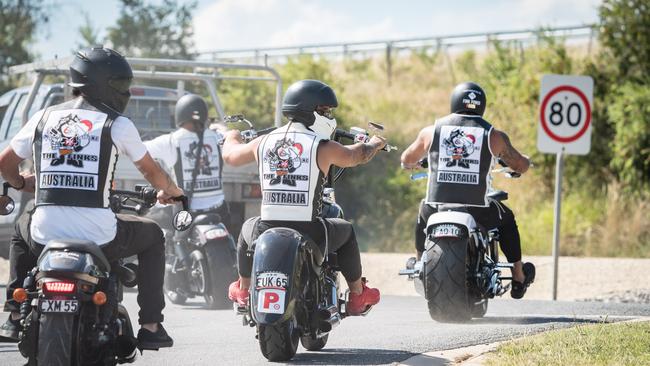
Outlaw bikie gangs have far more recent origins than the mafia, but their beginning as loose groups of restless former servicemen after World War II (then conflicts in Korea, Vietnam and Iraq) is reflected in their rigid semi-military structure.
It seems those original members missed the structured hierarchy and discipline of the armed services, so they duplicated it in civilian life, creating gangs now mostly taken over or imitated by thugs from various criminal ethnic groups.
The names and faces have changed since Sonny Barger’s original Hells Angels took to their Harleys in the 1950s. But the new outlaws share one thing with the old: tough rules.
Many internal rules are like those at a suburban cricket club: members should not steal the money, property or wives or girlfriends of fellow members.
But whereas a transgressor might be shunned or dismissed from a cricket club, consequences are more severe among the outlaws.
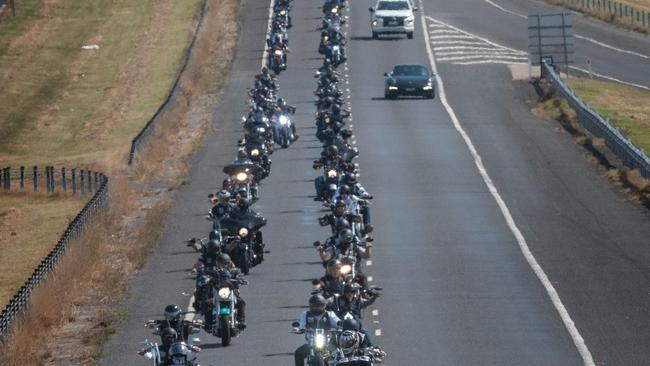
Take the case of disgraced Hells Angel Terence Tognolini, who terrorised and extorted people by torching buildings and orchestrating bashings and murder. He is suspected of setting up Vicki Jacobs to be killed as she slept with her young son at her Bendigo home in 1999.
Other Angels carried out that dreadful crime because it was “club business.” Jacobs had testified against an Angels associate, her ex-husband Gerald Preston.
But when the club heard that Tognolini had been interfering with young teenage girls, they didn’t wait for police to take action. The once-feared figure in the gang’s Nomads chapter was summoned to their Thomastown stronghold and given a fearful hiding.
His tattoos were inked over before he was dumped in the street and his relatives told to “collect your trash”.
Talking to police was not an option for Tognolini, who knew the code of silence is not negotiable.
This rule by fear has made solving homicides and other serious crimes hugely difficult to solve.
Those with the most power in the gang have the greatest insulation from investigation. It is “a protection method to shield them,” one insider told the Herald Sun.
Rules about drugs vary. One veteran club figure states that some clubs have zero tolerance to powders and crystal, in particular.
“You get caught with ice in our club and you get spat out,” he says, adding there are “clean” clubs but that they’re all judged by the actions of the worst.
“The media plays chess with only black pieces on the board,” he explains.
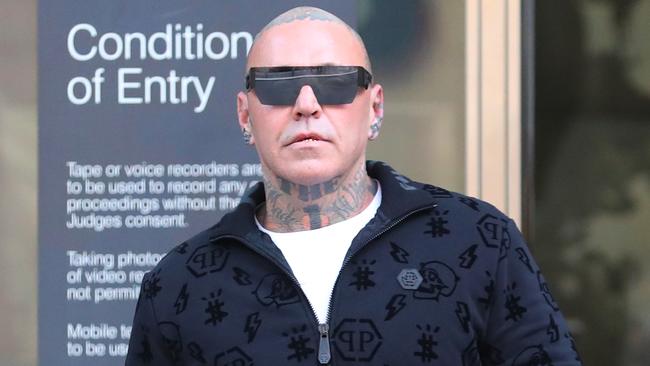
The truth is that some gangs, if not most, are comfortable with big-time drug trafficking. They are not as comfortable with gender equality.
As with some of Australia’s elite men-only clubs, women are sometimes granted admittance to the premises but not membership.
One investigative dossier on outlaw clubs’ internal workings noted that females were regarded as being “owned” by members and outlined instances where they were tattooed with the words “property of” followed by the name of a male member.
Gang members are just as protective of club logos and regalia as they are about “owning” their women. Misuse of patches attracted steep fines — or worse.
Resentment over the unauthorised use of a club’s name on clothing was said to be partly to blame for a recent assault on a senior Victorian gang figure and a plot to steal his motorbike.
The Rebels club bans members from sharing pictures of other members without permission and imposes fines for misusing patches. Most clubs oppose imprudent use of social media although there are some notable individual exceptions.
The cost of leaving the fold can be high. Severance packages agreed to when signing on can be rigidly applied to those who decide they want out or are told to go.
“Some have written contracts, some have gentlemen’s agreements,” one source says.
Police believe such rules are a thinly-disguised scheme to enrich those in charge.
A group of ejected members forced to hand over $10,000 or a Harley-Davidson is a good earn for the top dogs. One group of Victorian riders was recently bashed and expelled in such a case.
A member of a heavyweight club who decided to get out was allegedly bashed and extorted last year after being called to a meeting with his boss and ordered to hand in his clothes.
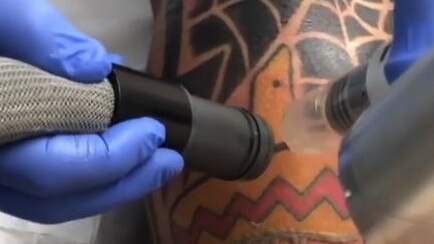
A fee-payment system applies in many gangs. A court hearing years ago was told that Finks members in Melbourne’s east forked out $250 a month to wear the gang’s patch — effectively a franchise arrangement.
The other thing members must “lose” on departure are club tattoos. In extreme cases, tattoos might literally be burned off rule-breakers.
It is said that one of the first things Toby Mitchell did when he finished with the Mongols last year was head to the City of Ink studio in South Melbourne to have his work covered.
Often, the public sees only what club leaders want them to.
Police regard the “runs” frequently held in Victoria in recent years as advertising for recruits. Vulgar displays of wealth by high-profile figures attract potential newcomers.
Many of those who sign on have no such affluence. Some even still live at home with battler parents. One who was recently arrested was being ferried around by his mother after losing his driver’s licence.
Those who profit from being involved with outlaw gangs include unscrupulous legitimate business owners who like to intimidate debtors, suppliers or workers.
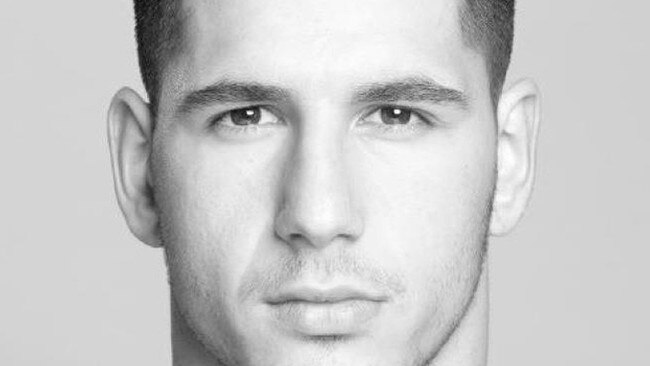
It is rare for individuals to be fast-tracked through the ranks the way that part-time model Comanchero “Hunky” Hasan Topal was a few years ago, but his sudden rise was mostly because of a pre-existing relationship with an influential gang member.
Most would-be bikies have to suffer the nominee and prospect stages before being fully patched.
Nominees have to perform menial clubhouse tasks and are also ordered to do risky criminal activity for those higher up.
That might involve “shooting up” the property of an enemy, if not the enemy himself, or standing over those who owe a real or concocted debt.
The gangs’ in-house laws reinforce their structure as a criminal version of pyramid selling, with the wealthy few at the top being enriched by hopeful suckers at the bottom.
Several top dogs are now raking in profits while living overseas. But one who’s still in plain sight is the much-patched Toby Mitchell, the animal lover who has survived as many shootings as he has clubs.
Mitchell can regularly be seen walking his dog on coastal beaches. He flashes a heavy metal smile at his fellow citizens as they walk their dogs.
It is alleged he carries a doggy doo bag to clean up any trouble. He knows the rules.
Originally published as How Australia’s lawless bikie gangs must live by strict rules




